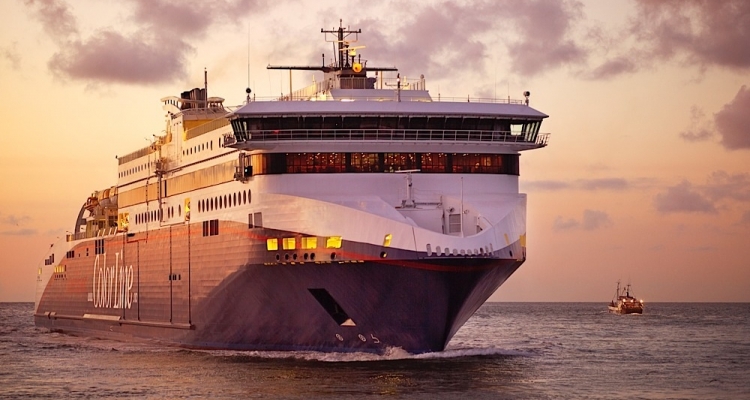For the very first time in history, the shipping industry will have to reduce its carbon dioxide emissions. While car transport is under strict supervision and emission rules are still getting tougher, ships pollute the environment more than all cars in the world.
History is formed in London
After two weeks of negotiations in London the global shipping industry has historically agreed to regulate emissions. The International Maritime Organization (IMO) formally adopted a provisional climate strategy with the support of more than 170 national governments. A major reduction (70%) in emissions is scheduled by 2050. But that's not all.
In the future, ships will be:
- more energy efficient,
- using solar energy,
- using wind energy and
- batteries that deliver electricity.
Another problem is the fact that many ships still use carbon-rich fuel, such as heavy diesel, which is banned in many countries for land transport. That must be resolved as well.
What about the activists?
Ecological activists appreciated the agreement, even though they don't see it as perfect. Hilda Heine, chairwoman of the Marshall Islands and one of the key people focusing on climate change and emissions in the field of ship emissions, said that the IMO "is creating history" in these days.
The shipping industry has been problematic for a very long time. GHG emissions from ships and aviation were omitted under the Kyoto Protocol in 1997. Based on that, they were, with some degree of absurdity, excluded from carbon regulations, even though shipping is used for 80% of world trade!
Why now?
Climate change has been causing increasingly worse catastrophic scenarios. Therefore, it is no time to waste. John Maggs, Chairman of the Clean Ship Coalition and Senior Policy Advisor in the Seas in Risk Campaign, said: “This agreement is extremely important, and for the achievement of ambitious targets, the shift to new fuels and propulsion technologies is needed to work at a global level. IMO must urgently take action to reduce emissions as quickly as possible - delaying and underestimating the importance of the negotiations would have a negative impact on the realization of the Paris agreement goals". Let us hope that this is not just talk of speech and that the ship industry is aware of the seriousness of the situation.


